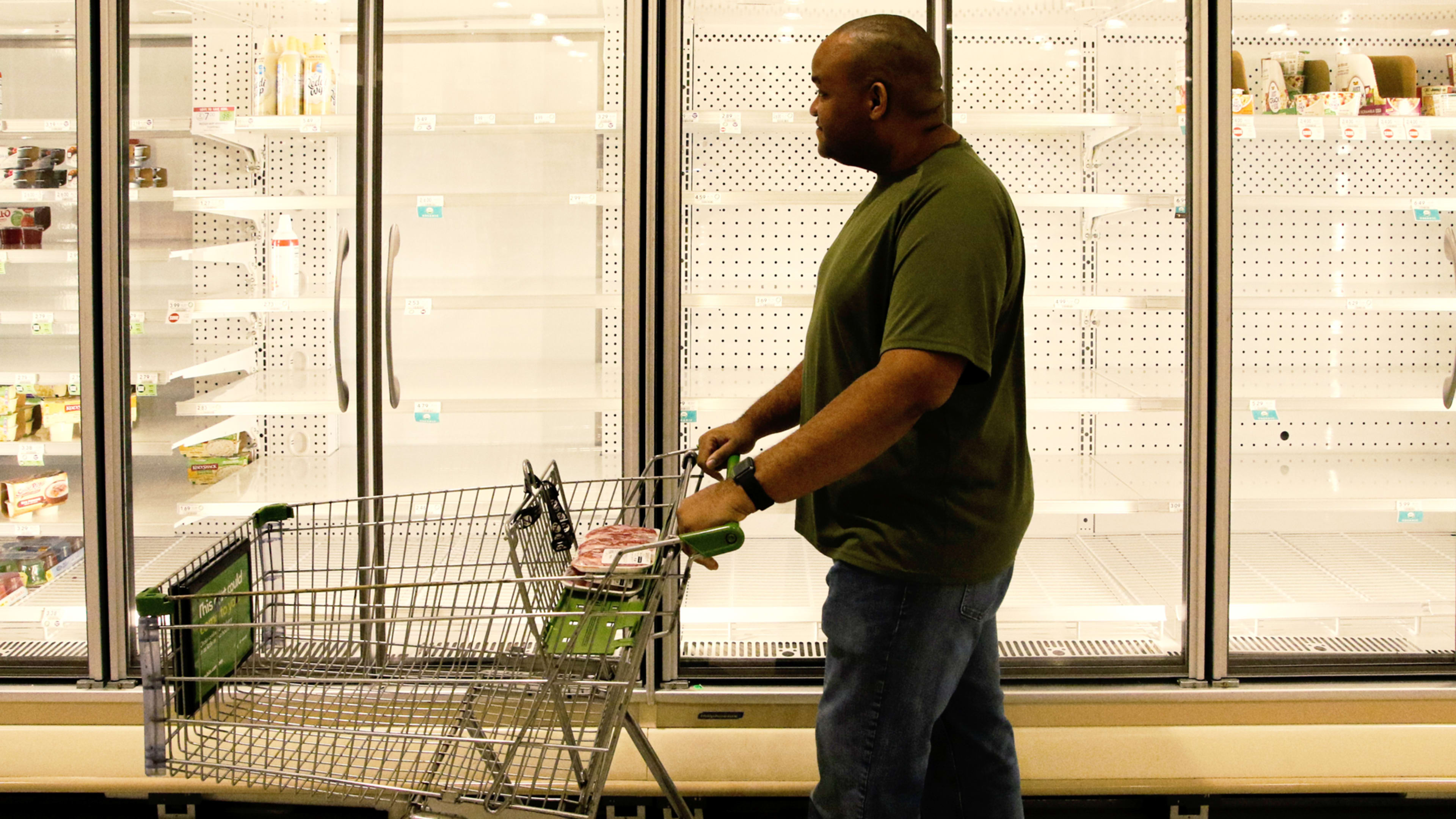If you thought the toilet paper shortage was bad, just wait. Meat may be next.
In a full-page ad that ran in The New York Times, The Washington Post, and Arkansas Democrat-Gazette, John H. Tyson, chairman of the board of Tyson Foods, warned that the COVID-19 pandemic is forcing the company to shutter locations across the country as some of its 100,000 workers have fallen ill.
“This means one thing,” he wrote. “The food supply chain is vulnerable. As pork, beef, and chicken plants are being forced to close, even for short periods of time, millions of pounds of meat will disappear from the supply chain.”
The ripple effect will make its way to consumers, Tyson noted, as “There will be limited supply of our products available in grocery stores until we are able to reopen our facilities that are currently closed.”
The Tyson plant in Waterloo, Iowa, was one that closed, having been linked to 182 cases of the coronavirus, which CNN reports is nearly half the entire county’s total. In addition to that facility, pork processing plants for Smithfield Foods in Sioux Falls, South Dakota, and JBS in Worthington, Minnesota, also closed indefinitely earlier this April. These three plants make up about 15% of pork production in the U.S.
The U.S. Department of Agriculture (USDA) reported record-high red meat, beef, and pork production in March. However, according to the United Food and Commercial Workers International Union, representatives of more than 250,000 industry workers, slaughter capacity is trending down 25% for pork and 10% for beef as 13 plants have closed. Demand from consumers is rising as many are sheltering at home.
In a CNN report, Julie Niederhoff, an associate professor of supply chain management at Syracuse University, was sanguine. “We’re not going to run out of food. We’re going to run out of maybe your one particular favorite food.”
The USDA’s data suggests that Americans eat more than the recommended amounts of meat, eggs, and nuts. Niederhoff asserted that the state of the food chain remains “robust,” despite disruption to a particular brand or type of food.
Recognize your brand’s excellence by applying to this year’s Brands That Matter Awards before the early-rate deadline, May 3.
